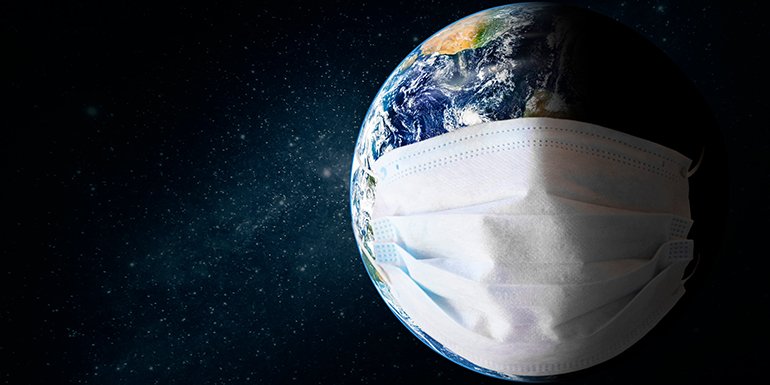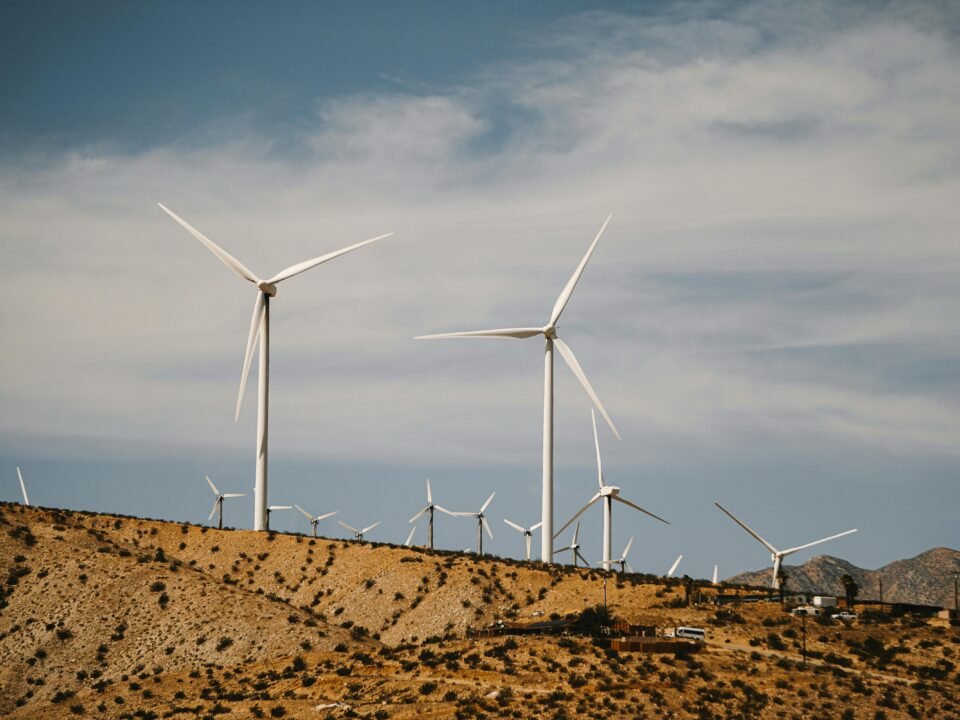“Nature is healing” – you must have seen this quote/headline plastered across everyone’s social media profile on Earth Day recently. There are also regular reports of cleaner waters in rivers, improving wildlife, or reduced quantity of pollutants in the air. For example, according to the University of Columbia, in the US alone, there has been a 15-30% reduction in the emission of carbon-di-oxide, nitrogen-di-oxide, and black carbon. The COVID-19 pandemic, therefore, does have a favorable side.
Of course, when billions of people suddenly stop going out altogether we are bound to see immediate results. The quarantine life’s teaching us to implement the eco-friendly ways of which we only remember for the sake of good captions on our Instagram posts.
We cannot deny that COVID-19 is a humanitarian crisis. But it has put essential challenges into perspective, be it for our government or even a daily-wage laborer. Here are a few ways in which the definition of sustainability is changing worldwide.
- Self-sufficiency is the first step
Heard the recent speech by PM Narendra Modi? Atamanirbhar Bharat – a concept of new self-reliant India. But how are sustainability and self-sufficiency related? When you buy locally you shorten the supply chain. When you see the bigger picture, this allows our country on a whole to avoid imports and saves unimaginable amounts of fuel and energy, while eliminating millions of tons of carbon emissions daily.
- Work from home for nature
Billions travel to work by cars, bikes, trains, metro, buses, etc. every day. Unimaginable resources worldwide are spent on building, maintaining, and recreating fully air-conditioned and stocked workspaces. Due to COVID-19, organizations were forced to drop their prejudice against the Work-From-Home concept. With set ground-rules and disciplined communication, employees working from the comfort of their homes can be more productive than on office premises. This has become a great way for many global organizations to develop a sustainable workforce and positively impact the environment while saving millions of dollars.
- Better global collaboration
Being simultaneously plunged into a crisis together has brought the world closer in many ways. Some might argue that reduced travel, exports/imports, and focusing on shorter/local supply chains are driving a wedge between countries. However, science speaks otherwise. The World Health Organisation in collaboration with the Coalition for Epidemic Preparedness Innovation, Bill & Melinda Gates Foundation, and the countries in G20 have promised to collaborate, share, and develop information for the new vaccine. A simultaneous evaluation of 120 vaccine candidates in the development stage has already begun, with over US$2 billion raised by 40 countries worldwide. Never has the world disregarded boundaries, races, and religions like this before to aid a higher cause.
These changes do indicate a brighter future for now. But when the sun sets on this global pandemic, it is important for us to remember what we learned about prioritizing essentials, limiting luxuries, and conserving energy. It is apparent that multinational conglomerations and governments who commit to sustainability will have better growth, improved productivity, and a more immune environment. So let’s hope for the best!




